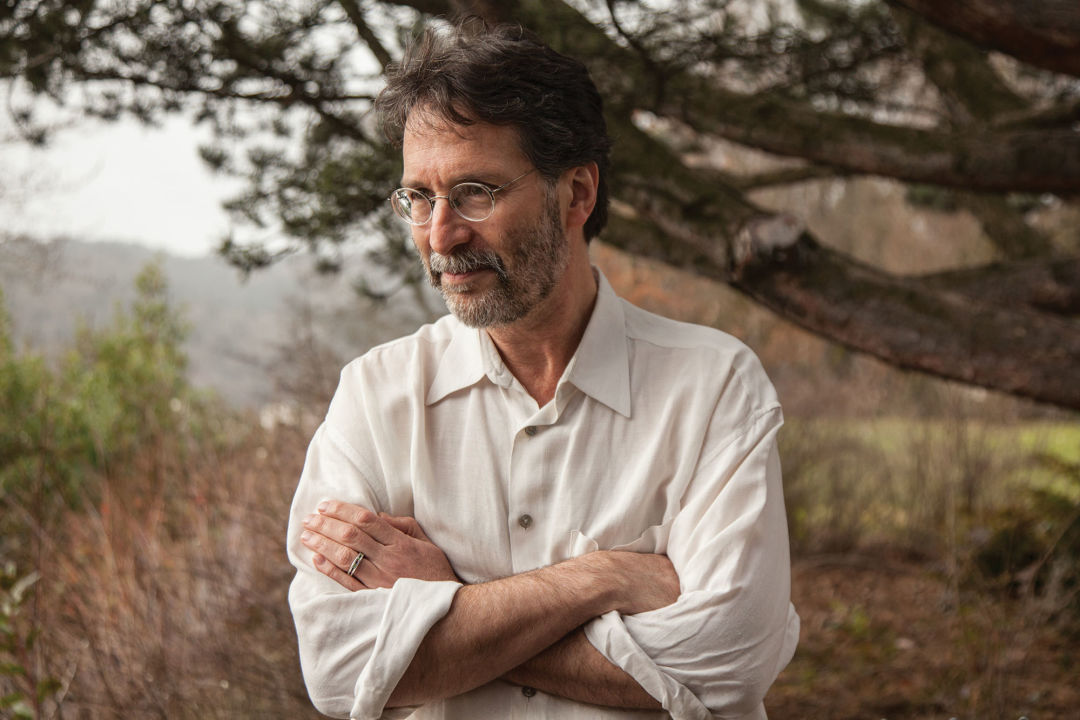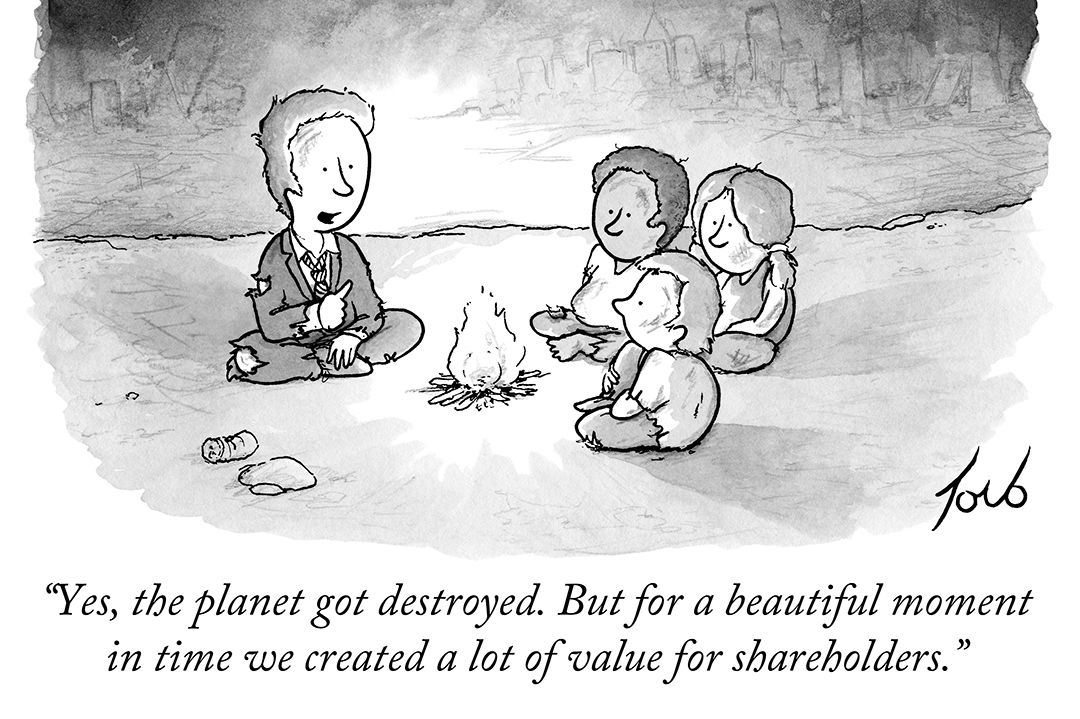A Local Editor Remembers Oregon Author Brian Doyle

Image: courtesy Tim Labarge
Celebrated local writer Brian Doyle died in 2017. A posthumous collection of his essays comes out this month. We asked Jessica Murphy Moo, his successor at University of Portland’s Portland magazine, to weigh in on his legacy—on and off the page.
When my students in Seattle would start to wrestle with the slippery concept of a writer’s “voice”—how do we find our voice? how do we describe it?—I’d always offer up an essay by Brian Doyle. Then I’d sit back and smile and wait for the reactions to roll in.
I had loads of essays to choose from. Doyle was a superhumanly prolific writer, and his essays were widely anthologized, though he published mostly with smaller presses and didn’t have as wide a readership as one might expect. A native of New York, he raised his own family in Oregon, and his adopted home infuses his novels. (He won an Oregon Book Award for Martin Marten in 2016; Powell’s shelves his novel Mink River in its “25 Books to Read Before You Die” display.) His essay “Yes,” included in his new posthumous collection One Long River of Song (out December 3), was my first exposure to Doyle, reprinted in Harper’s Magazine from the Georgia Review. This essay—about love and the Irish language and child-rearing and wooing—has a long final sentence that, after years of rereading, still brings me to tears: “. ..to exhaustion I say yes, and to the puzzling wonder of my wife’s love I say O yes, and to horror and fear and jangled joys I say yes....”
New writers may not yet have a sense of their own voice, but they can recognize it in someone else. With Doyle, my students noticed those long (sometimes very long) sentences, his humor, his effective use of a strong image—and somewhere in the mix, they intuited his huge, quirky heart.
So after we established how all of these qualities—the sounds, the concerns, the presence of the big-hearted person behind the words—add up to a writer’s voice, I liked to have a little fun. I’d point out all the “rules” from our craft books that he’d broken (use minimal adjectives, aim for short sentences), to which the new writers would say, “Wait. We can do that? We can break those rules?”
And I’d say, “Sure. If it helps you reach across the page and make a connection with your reader. And if—and only if—you know what you’re doing.”
Doyle knew what he was doing. I met him only once, when I was fact-checking one of his book reviews as a staff editor at the Atlantic. Years later he accepted a pitch I sent him for Portland magazine, the University of Portland publication he edited for about 25 years and made more literary and that-was-a-great-story-focused than most university magazines.
Doyle died from a brain tumor in 2017. I’d only had brief exchanges with him, but I felt his loss. I’d read his essays and felt like I’d sat down in a room and chatted with him many times. He made me think about small moments in big ways. I wish I could remember more about our conversation that time I met him; I only remember that he was kind.
My trajectory is angled differently than the community that still grieves Brian Doyle’s loss. As the new editor of Portland, I am getting to know him better now that he’s gone. I show up to work every day with his longtime colleagues and friends. The editor of the Pushchart Prize once described him as the “the friend I never met,” and when I read that I nodded in agreement. I have nothing to gain by suggesting you read this new collection of essays, though I think you have something to gain. You’ll meet a funny, reverent (sometimes irreverent) man, who followed his curiosity and wasn’t afraid to argue sports with the Dalai Lama, treasure a hawk or a child or a memory, or stare down dark truths until he found a shimmer of hope. These days I’ll take a dose of hope where I can find it.




